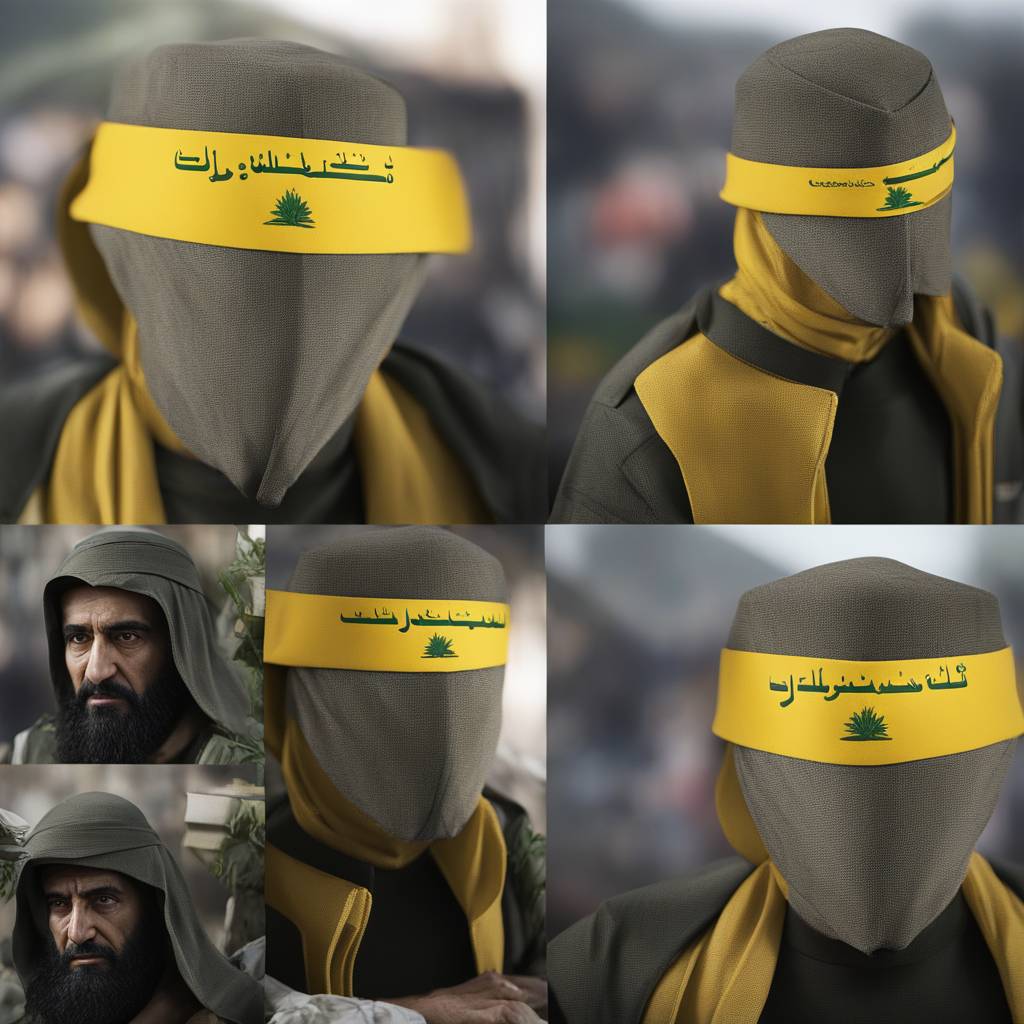In recent developments in the Middle East, tensions have been escalating following a series of attacks and counterattacks between various factions. Lebanon’s Hezbollah leader has declared that Israel’s strike on Iran’s consulate in Damascus this week is a “turning point” in the region. The strike resulted in the deaths of seven Iranian Revolutionary Guards Corps members, including a senior commander. Iran has vowed to retaliate for the attack, and Hezbollah has expressed support for Iran’s right to do so. Hezbollah leader Sayyed Hassan Nasrallah has stated that Iran’s response to the attack is imminent and will be directed towards Israel.
In anticipation of possible retaliation from Iran, Israel has taken precautions by canceling leave for combat units and mobilizing more troops for air defense units. Israel’s Defense Minister Yoav Gallant has assured Israeli forces that the country is prepared to defend itself against attacks from enemies in various locations, including Damascus and Beirut. While Iran has refrained from direct engagement in the conflict, it has supported attacks on Israeli and U.S. targets through its allies in the region, such as Hezbollah and other groups in Lebanon, Syria, Yemen, and Iraq.
Despite the recent escalation in tensions and exchange of fire between Hezbollah, Amal, and Palestinian groups in Lebanon with Israeli forces, Iran has thus far avoided full-scale conflict with Israel or the United States. Instead, Iran has chosen to use its proxies to carry out targeted attacks on its adversaries. The Iranian leadership is likely aiming to maintain its grasp on power and influence in the region without risking a direct confrontation that could jeopardize its position. The ongoing clashes between Hezbollah and Israel in southern Lebanon have resulted in casualties on both sides, with Hezbollah leader Nasrallah stating that his group still possesses weapons and forces that have not yet been utilized against Israel.
The situation in the Middle East remains volatile, with the recent strike on Iran’s consulate in Damascus having the potential to escalate into further violence and conflict. Iran’s pledge to retaliate against Israel for the attack raises concerns about the possibility of a broader regional confrontation. Israel’s preparedness for any potential counterattacks indicates the seriousness of the situation and the need for heightened vigilance in the region. The use of proxies by Iran and its allies in carrying out attacks on Israel and U.S. targets underscores the complex dynamics at play in the Middle East and the challenges of maintaining stability and security in the face of escalating tensions. Diplomatic efforts and strategic considerations will be crucial in navigating the current crisis and preventing further bloodshed and destruction in the region.








